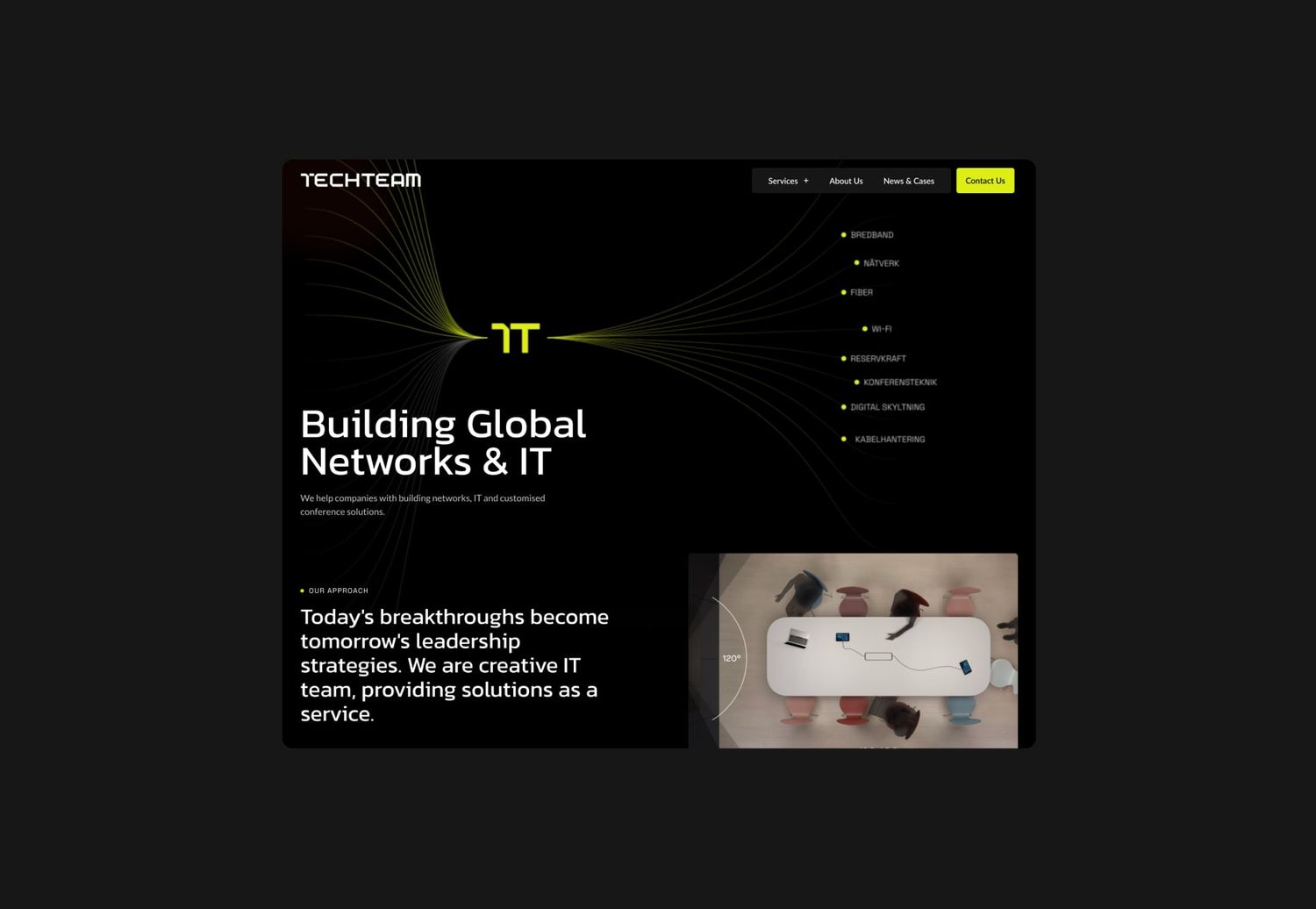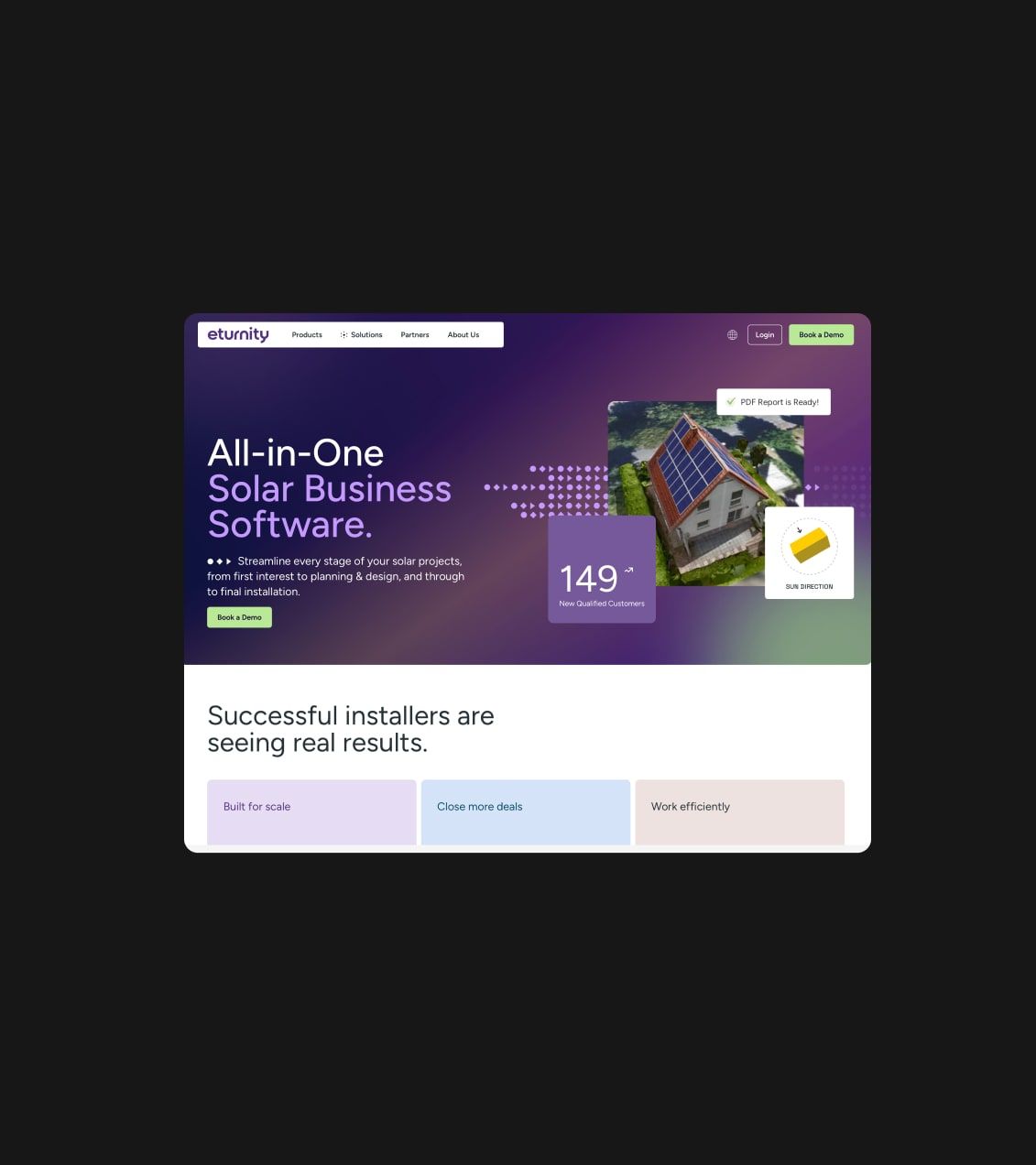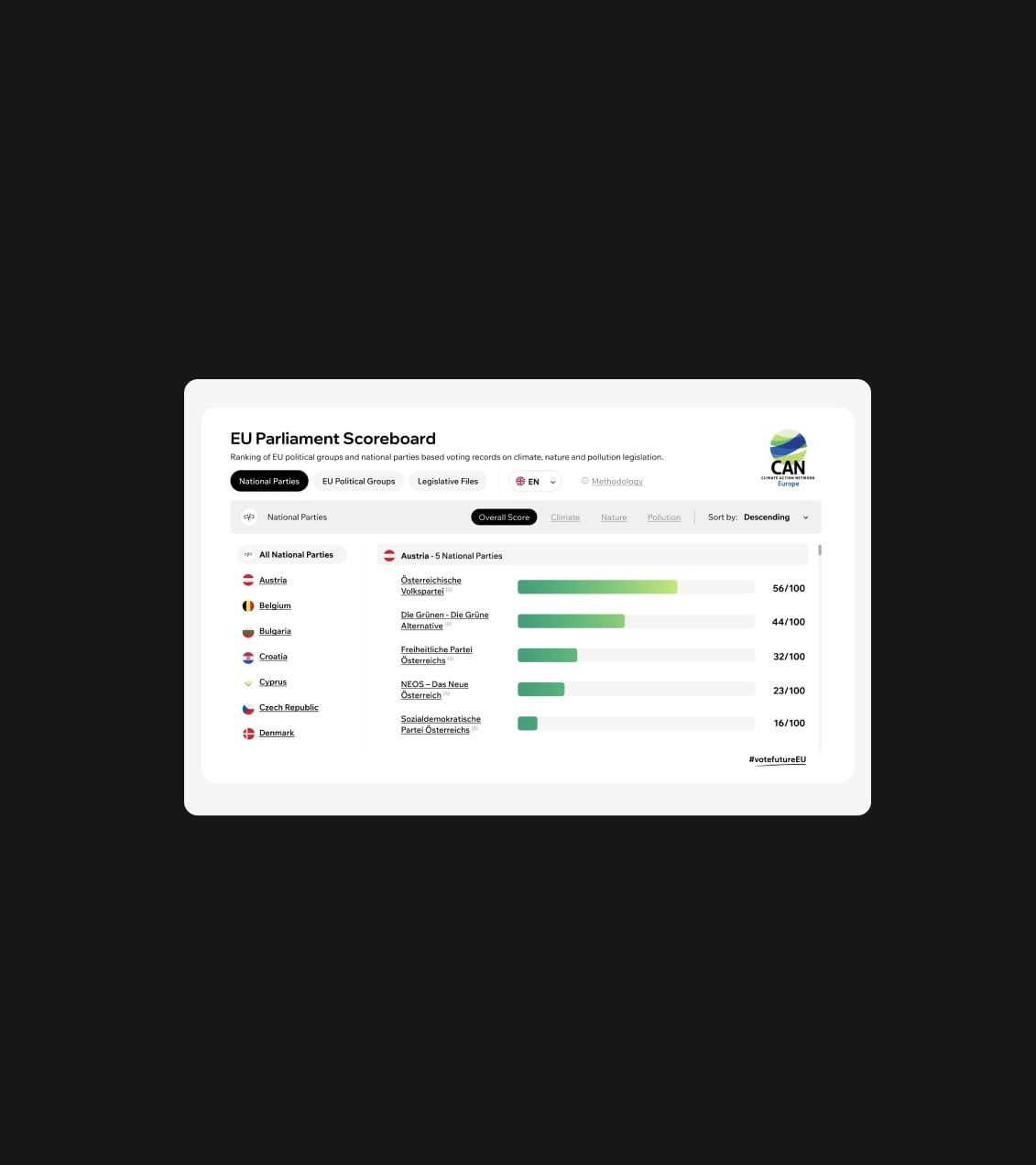
The Impact of Digital Transformation on Economic Growth
Digital transformation has become a key driver of economic change and impacting businesses and environmental issues around the world. Using new technologies such as cloud infrastructure, big data analytics, artificial intelligence and the IoT (Internet of Things), companies can make their products and services more efficient. It also enables companies to reduce costs, improve efficiency and increase productivity. Because more and more industries are transforming their day to day operations, government structures also have to invest in the digital infrastructure to drive economic growth.
The term “digital economy” used back to the 1990s, but now there is a high increase of interest around the globe. We can’t imagine our life without phones or computers. Our tax payments or simple bank operations become easier to do, because we don’t need to go to the local office and sign a lot of papers. Digital economy is visible in a wide range of areas, including e-commerce, online education, agriculture sector which are becoming more prevalent in our daily lives.
The main goals of the digital economy
Advanced technologies
Businesses operating in the digital economy environment rely AI and big data analytics to manage their internal day to day operations. For example online retailers work on advanced algorithms to personalise product recommendations for each customer, based on big data analysis and make shopping experience even better.
Transportation companies use IoT in their business to track and optimise the movement of trucks or ships through the supply chain to reduce their fuel costs and also make better environmental impact.
As a result, companies are investing into new, smarter technologies.
A new step of evolution
The speed at which new business models and trends are improving is crazy. For example, the rise of e-commerce has fundamentally changed the retail industry, with traditional stores facing stiff competition from online retailers. A lot of people now are online shoppers only, which transform the retail sector by giving priorities to the advanced storage management systems instead of more units of traditional stores.
Impact on traditional structures
Digital economy transformation has the potential to disorganise traditional economics by creating new opportunities for mid-businesses to grow, while challenging established players in various industries, that still using their old fashion workflow.
As a result of the digital impact, more traditional industries have to modernise their process to get their positions on market and invest into the future.
What are the key opportunities of digital economy for new business?
Improved efficiency. Automation and artificial intelligence can help businesses streamline processes and reduce costs, leading to improved efficiency and productivity. Now, more and more tools have become open to the public and easy to use.
Greater access to global markets. Affordable eCommerce platforms and logistics make it easier for small businesses to reach customers in different regions of the world, opening up new markets and opportunities for growth.
Increased speed and agility. It allows businesses to move quickly and respond to changing market conditions, enabling them to be more agile and adaptable in their operations.
Enhanced customer experience. Advanced tools at online marketplaces, personalised recommendations, and real-time customer support can improve the overall customer experience, leading to increased loyalty and conversion grow.
Better data management. It enables mid-businesses to collect, store, and analyse large amounts of data, providing valuable insights into customer behaviour and market trends.
Reduced environmental impact. Digital tools such as online documentation or free access to website carbon estimation, can help reduce the need for business and make a better environment impact.
Increased innovation. Digital transformation of the economy is driving innovations at high speed. This environment of innovation and experimentation can lead to new and exciting opportunities to grow.
Digital economy has impacted all areas, as well as age-old production sectors such as agriculture or banking. If we talk about the agriculture sector – with the advent of technological innovations, farming is beginning to benefit significantly, because farmers have access to apps that allow them to connect with their crops and receive real-time updates on quality, soil conditions, and irrigation. This information empowers them to make informed decisions about crop management, resulting in better yields and higher quality produce.










